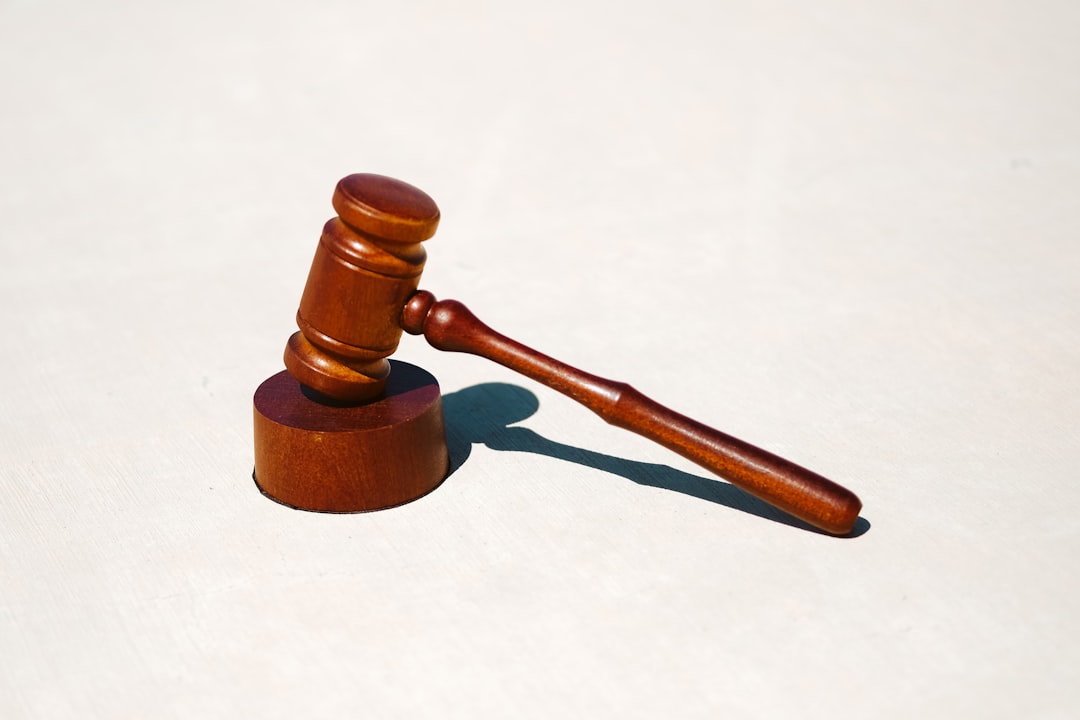Spam calls are a pervasive issue in New York City, affecting millions daily with disruptive and dangerous messages. NYC offers protections through laws like the Do Not Call Registry and stringent anti-spam legislation, such as General Business Law § 349. Residents can combat spam by filing complaints with authorities like the NY State Attorney General's Office or FTC, documenting evidence, understanding legal definitions, blocking calls, and staying informed about local laws and innovative solutions like data analytics. NYC's leadership in prosecuting spam callers has set important precedents, demonstrating effective strategies against both individual spammers and organized crime syndicates. Learn from New York City's successes to stop spam calls effectively.
In New York City, spam calls remain a persistent nuisance, affecting millions. This article delves into the intricate legal landscape surrounding these unwanted communications, exploring how NYC leverages its anti-spam laws and regulations to combat spammers. We provide a strategic guide on prosecuting spam callers, highlighting notable victories and analyzing lessons learned. Understanding how New York City has tackled this issue offers valuable insights for anyone seeking to curb spam calls, providing actionable steps and hope for a quieter future.
Understanding the Scope of Spam Calls in New York City

Spam calls, a persistent nuisance in the digital age, have significant implications for residents of New York City. With millions of phone numbers potentially targeted each day, understanding the scope of this issue is crucial when seeking solutions to how to stop spam calls NYC. These unsolicited calls, often containing advertising or fraudulent messages, can be overwhelming and invasive. They not only disrupt daily life but also pose risks to personal security and privacy.
Navigating New York’s legal landscape offers some protections against spam callers. The city has implemented strict regulations, such as the Do Not Call Registry, which allows residents to opt-out of receiving telemarketing calls. Additionally, penalties for violators are in place, providing a legal framework to combat these aggressive marketing tactics. By combining awareness, individual actions like blocking numbers and registering on the Do Not Call list, and supporting legislative efforts, NYC residents can actively contribute to minimizing the impact of spam calls.
Legal Framework: New York's Anti-Spam Laws and Regulations

New York, like many states, has implemented strict anti-spam laws and regulations to combat the nuisance and potential dangers posed by spam calls. The Legal Aid Society of New York City highlights that these laws are designed to protect consumers from unsolicited telephone solicitations, often related to marketing or sales purposes. Under New York’s General Business Law § 349, it is illegal for businesses to use deceptive acts or practices in the course of trade, which includes making prerecorded calls without prior consent.
To stop spam calls in New York, these laws empower consumers with various rights and remedies. Individuals can file complaints with the New York State Attorney General’s Office, which actively enforces these regulations. The office has successfully pursued legal actions against companies violating anti-spam laws, resulting in substantial victories for consumers and setting precedents for how to handle such cases.
Strategies for Prosecuting Spam Callers: A Step-by-Step Guide

To effectively prosecute spam callers, individuals and businesses in New York can follow a structured approach. First, gather evidence by documenting the calls, including timestamps, call content, and any identifying information such as phone numbers or caller ID data. This can be done using call recording apps or by simply noting down details manually.
Next, research local laws and regulations pertaining to spam calls in New York, focusing on the Telephone Consumer Protection Act (TCPA). Understand the legal definitions of spam calls and the specific requirements for filing a lawsuit. Once equipped with this knowledge, individuals can file a complaint with relevant authorities like the Federal Trade Commission (FTC) or New York’s Attorney General’s Office. They also have the option to reach out to telco providers who may be able to block future spam calls.
Notable Cases and Victories Against Spammers in NYC

In recent years, New York City (NYC) has emerged as a prominent hub for prosecuting spam callers, setting significant legal precedents in the fight against unwanted telemarketing practices. Notable cases have highlighted the city’s commitment to protecting its residents from harassment and fraud, often stemming from automated phone calls known as spam calls. One of the most significant victories was achieved in 2018 when NYC prosecutors secured a $2.5 million judgment against a spamming ring operating out of Brooklyn. This case not only resulted in substantial financial penalties but also established important guidelines for holding call centers accountable for their actions.
The success in this and other similar cases can be attributed to the proactive approach taken by the Manhattan District Attorney’s Office, which has been at the forefront of these legal battles. They have utilized innovative strategies, such as tracking down spammers through complex data analysis and collaborating with consumer protection agencies, to ensure that these offenders face serious consequences. As a result, NYC has become a model for other cities in the U.S., demonstrating effective methods on how to stop spam calls by targeting both individual callers and organized crime syndicates responsible for generating massive volumes of unwanted phone traffic, providing relief to residents tired of such intrusive practices.
The Future of Combating Spam Calls: Lessons Learned from NYC's Experience

The battle against spam calls is an ongoing war, and New York City’s legal landscape offers valuable insights for future strategies. Over the years, NYC has seen a mix of successes and challenges in prosecuting these unwanted callers, leading to important lessons on how to stop spam calls effectively. One key takeaway is the importance of robust legislation and strict enforcement; NYC’s experience demonstrates that comprehensive anti-spam laws, combined with aggressive prosecution, can significantly deter such activities.
Additionally, the city’s efforts highlight the value of public awareness and education. By empowering citizens with knowledge about their rights and tools to combat spam, NYC has fostered a community that actively reports and confronts these intruders. As technology evolves, so must our methods; NYC’s success in this domain encourages the exploration of innovative solutions, including advanced call-blocking technologies and data analytics to trace and penalize persistent spam callers, thereby ensuring a more peaceful and respected communication environment for all New Yorkers.






